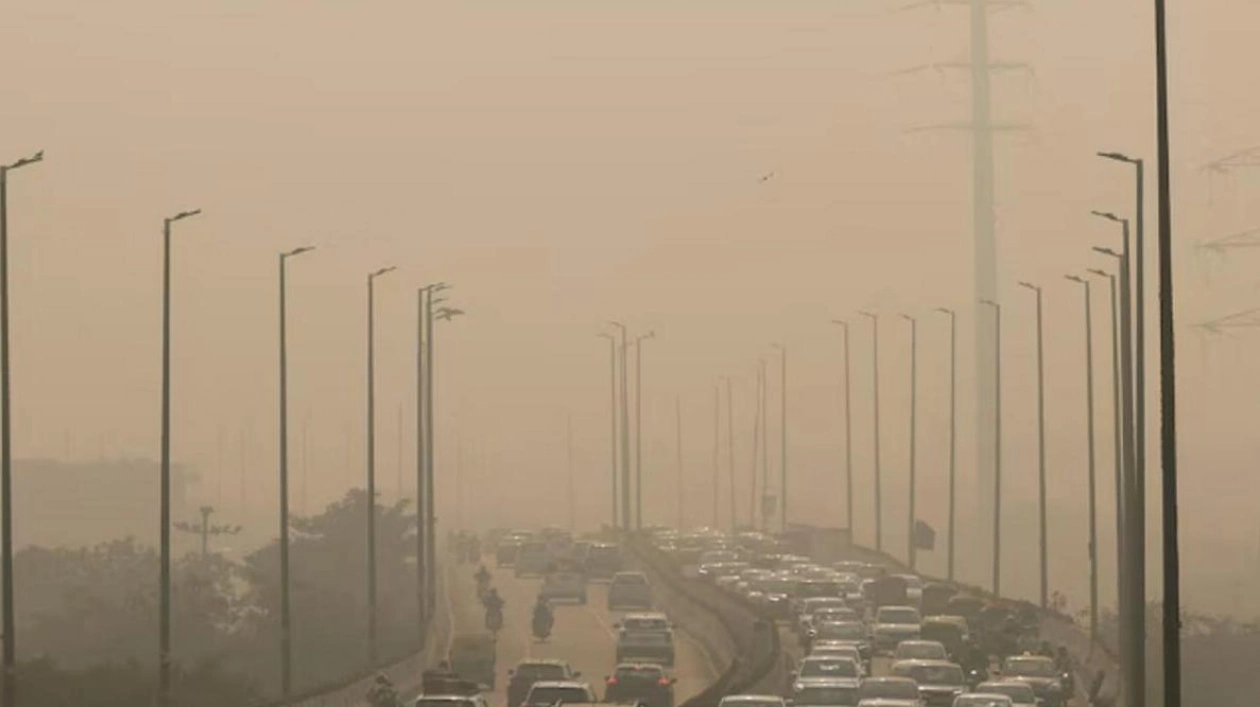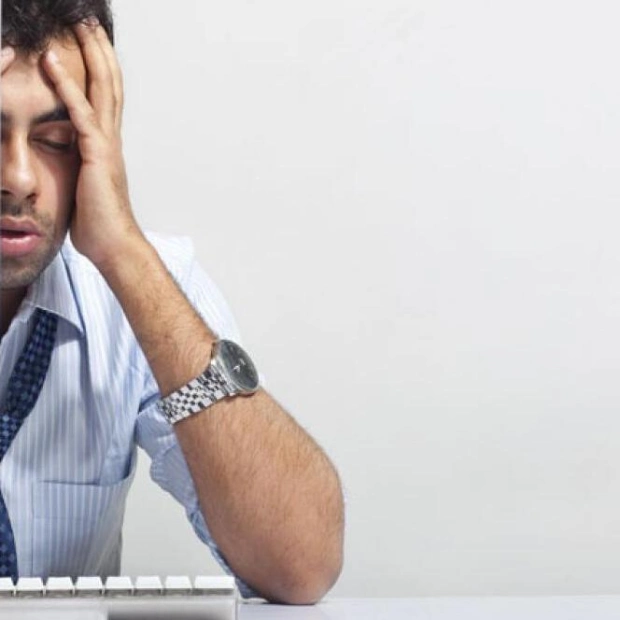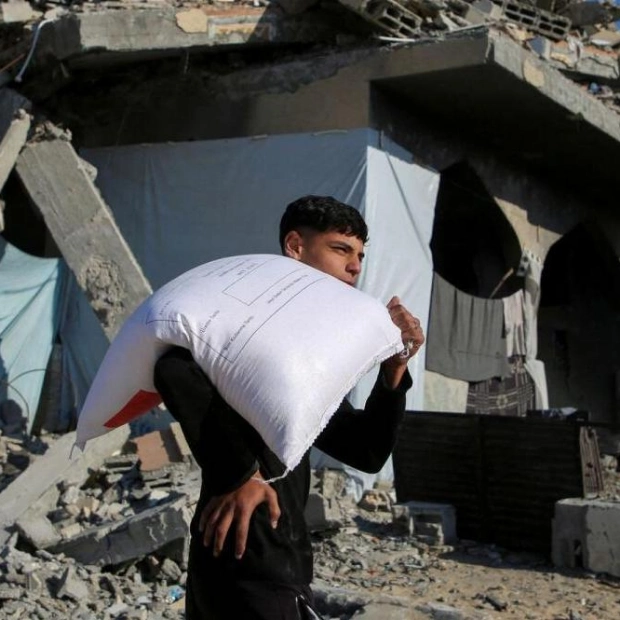Photo: Reuters
India's capital, New Delhi, transitioned schools to online classes on Monday until further notice due to escalating toxic smog, marking the latest effort to mitigate the health crisis in the sprawling metropolis. On Sunday evening, levels of PM2.5 pollutants—hazardous microparticles linked to cancer that infiltrate the bloodstream via the lungs—were recorded at 57 times the World Health Organisation's recommended daily maximum. By Monday morning, these levels had decreased slightly but still hovered around 39 times the warning limits, with a dense, grey, and acrid smog enveloping the city.
The annual smog that blankets New Delhi is primarily attributed to stubble burning by farmers in neighbouring regions, which clears fields for ploughing, along with emissions from factories and traffic. City authorities implemented these restrictions "in an effort to prevent further deterioration" of air quality. By keeping children at home, authorities hope to significantly reduce traffic. "Physical classes shall be discontinued for all students, except for Class 10 and 12," stated Chief Minister Atishi in a late Sunday announcement. Primary schools had already been ordered to cease in-person classes on Thursday, with additional restrictions imposed on Monday, including limitations on diesel-powered trucks and construction activities.
The government urged children, the elderly, and individuals with lung or heart conditions to "stay indoors as much as possible." However, many residents cannot afford air filters or have homes that effectively seal out the foul-smelling air, which is blamed for thousands of premature deaths. The new measures came into effect on Monday morning. New Delhi and its surrounding metropolitan area, home to over 30 million people, consistently ranks among the world's most polluted cities during winter. Cooler temperatures and stagnant winds exacerbate the issue by trapping deadly pollutants from mid-October until at least January.
Last month, India's Supreme Court declared clean air a fundamental human right, mandating both central and state-level authorities to take action.
Source link: https://www.khaleejtimes.com






